Since its inauguration last year, the Dasherkandi Sewage Treatment Plant (DSTP) has been operating at full capacity, processing around 500 million litres of sewage daily. This has resulted in a significant reduction in contamination levels in nearby water bodies, including the Balu and Shitalakshya rivers, and the Ghazaria Canal, leading to an increase in biodiversity due to the improved water quality.
Implemented by HydroChina Corporation under the supervision of Dhaka Wasa, the DSTP was formally inaugurated by Prime Minister Sheikh Hasina on July 13, 2023. Dhaka Wasa is currently overseeing the operation and maintenance of the STP with support from a Chinese technical team.
Recently, an Open Day event was jointly organized by Dhaka Wasa and Hydro China Corporation to showcase the technologies and benefits of sewage treatment at the DSTP. Notable figures attended the event, including representatives from both organizations and high-profile individuals like Zhang Xiaoliang, vice president of the Chinese Enterprises Association in Bangladesh.
Dhaka Wasa officials stated that preparations are underway to construct four additional modern sewage treatment plants by 2030 in locations such as Narayanganj's Pagla, Dhaka's Rayer Bazar, Mirpur, and Uttara. This initiative aims to further reduce river pollution and increase water supply through river water treatment.
According to Deputy Project Director Momtazur Rahman, the reduction in river contamination has led to various advantages, such as a 60% decrease in the amount of chemicals required for water purification at certain water treatment plants along the Shitalakshya River.
Former project director of DSTP, Mohsin Ali Mia, highlighted the visible reduction in odors and the return of fishing activities in the canals and rivers surrounding the plant, indicating improved water quality and reduced levels of harmful substances like ammonia.
Furthermore, officials mentioned that the ash produced from burning the sewage sludge, approximately 40 tons daily, is being repurposed as raw material for cement factories, with ongoing research to explore its potential use as fertilizer.
With the capacity to treat 20-25% of the 2,000 million litres of waste generated daily in Dhaka city, the Dasherkandi plant, covering acres of land and costing Tk3,482 crore, has received funding from various sources, including the government, Dhaka Wasa, and the Exim Bank of China. The project, which commenced on July 1, 2018, has seen the construction of essential infrastructure components like sewage lifting stations and trunk sewage lines to support its operations.



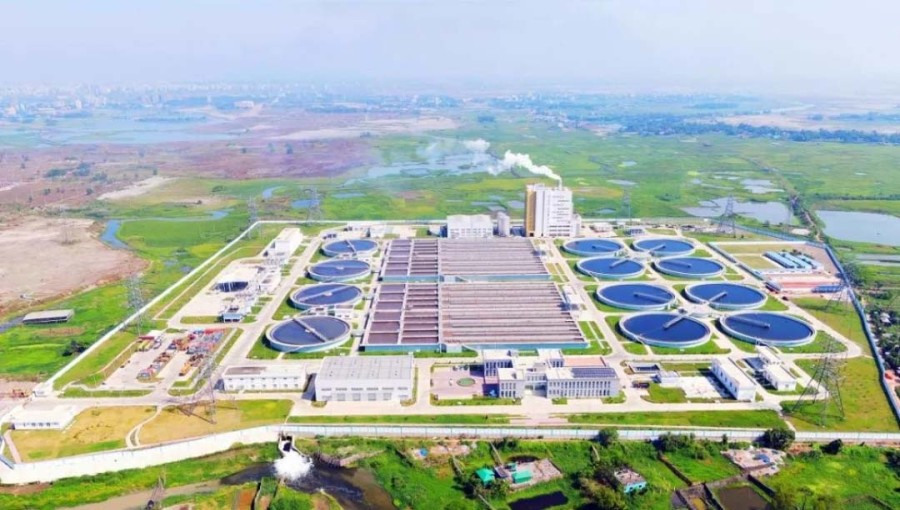


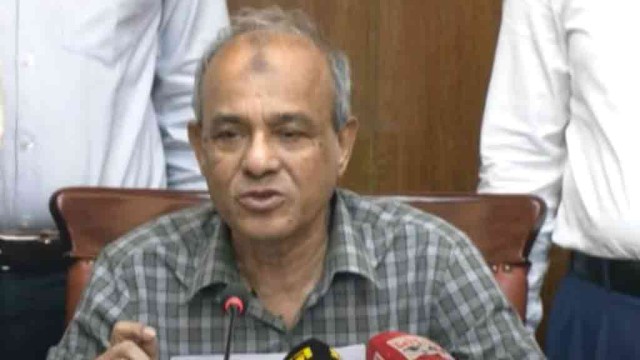

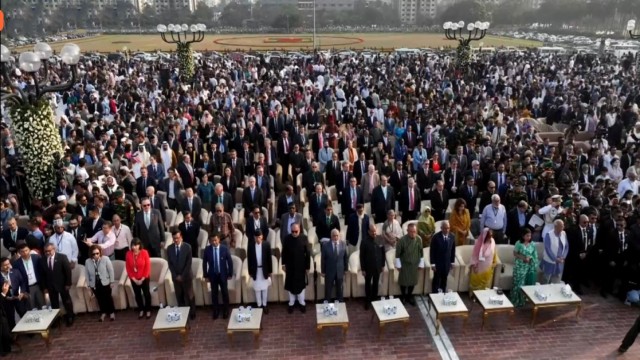


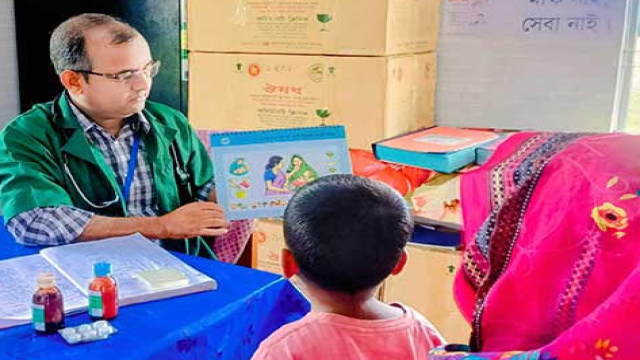



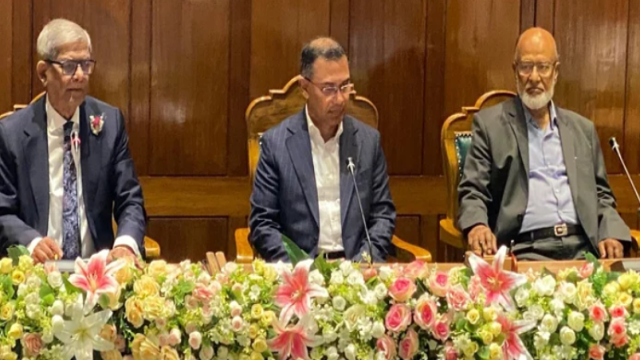
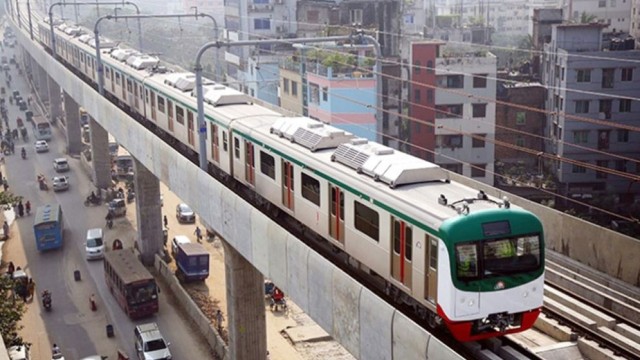











Comment: